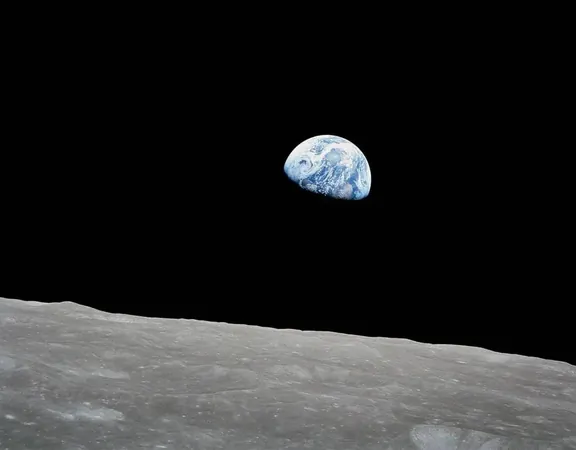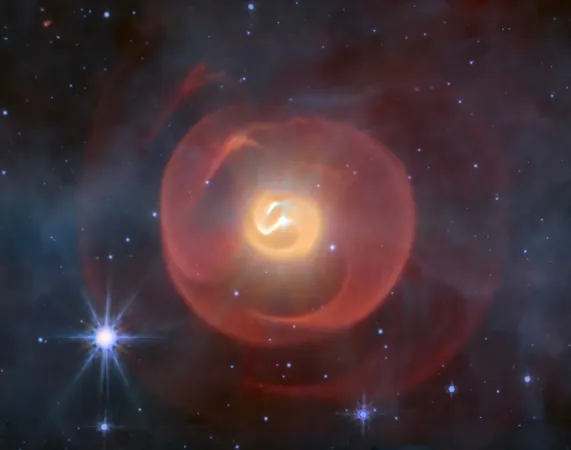
Is Earth Spinning Faster? Discover Why Three Summer Days Will Be Shorter!
2025-07-10
Author: Noah
Is Earth's Rotation Speeding Up?
Strap in, because Earth has turned up the speed! On July 9, our planet completed its daily spin just a hair faster—by more than a millisecond—than usual, with two more speedy days expected on July 22 and August 5. This could mean these summer days will feel just a bit shorter than the 24 hours we’re used to.
Breaking Records: Earth's Speedy Spins!
Typically, Earth spins on its axis in about 24 hours—exactly 86,400 seconds. However, this year has seen some astonishing shifts. Each time Earth shaves off milliseconds from its rotation, it directly influences what scientists refer to as the "length of day." In fact, before 2020, the fastest recorded rotation was -1.05 milliseconds! But in an exhilarating twist, on July 5, 2023, Earth broke its own record with an unprecedented -1.66 milliseconds!
What's Causing This Acceleration?
The cosmic dance between Earth and the moon plays a critical role in these changes. As the moon reaches its furthest point from Earth’s equator, it alters gravitational influences, nudging our planet to speed up just that little bit more. This summer, the July 9 day clocked in at about a -1.30 ms. But hold on! The upcoming days are predicted to be even shorter, with July 22 at an astounding -1.38 ms and August 5 hitting -1.51 ms!
The Impact on Our Lives—Or Lack Thereof?
While you might not feel a noticeable difference in your daily life—because we’re talking minuscule fractions of time—this alteration poses interesting challenges for scientists. Atomic clocks, the titans of timekeeping introduced in the 1950s, measure time precisely to bone-chilling accuracy—down to billionths of a second! If Earth’s rotation keeps changing, it could potentially throw off computers, GPS, and networks that depend on synchronized timing.
What This Means for the Future!
What's fascinating is that despite the natural fluctuations, human activity has also been shifting Earth's rotation. According to NASA, rising sea levels and changing climates are incrementally affecting the length of our days too. Since 2000, scientists have calculated a reduction of about 1.33 milliseconds per century due to these human-induced changes. With Earth spinning faster and records being rewritten, who knows what incredible twists await us next in the never-ending saga of our spinning planet?









 Brasil (PT)
Brasil (PT)
 Canada (EN)
Canada (EN)
 Chile (ES)
Chile (ES)
 Česko (CS)
Česko (CS)
 대한민국 (KO)
대한민국 (KO)
 España (ES)
España (ES)
 France (FR)
France (FR)
 Hong Kong (EN)
Hong Kong (EN)
 Italia (IT)
Italia (IT)
 日本 (JA)
日本 (JA)
 Magyarország (HU)
Magyarország (HU)
 Norge (NO)
Norge (NO)
 Polska (PL)
Polska (PL)
 Schweiz (DE)
Schweiz (DE)
 Singapore (EN)
Singapore (EN)
 Sverige (SV)
Sverige (SV)
 Suomi (FI)
Suomi (FI)
 Türkiye (TR)
Türkiye (TR)
 الإمارات العربية المتحدة (AR)
الإمارات العربية المتحدة (AR)